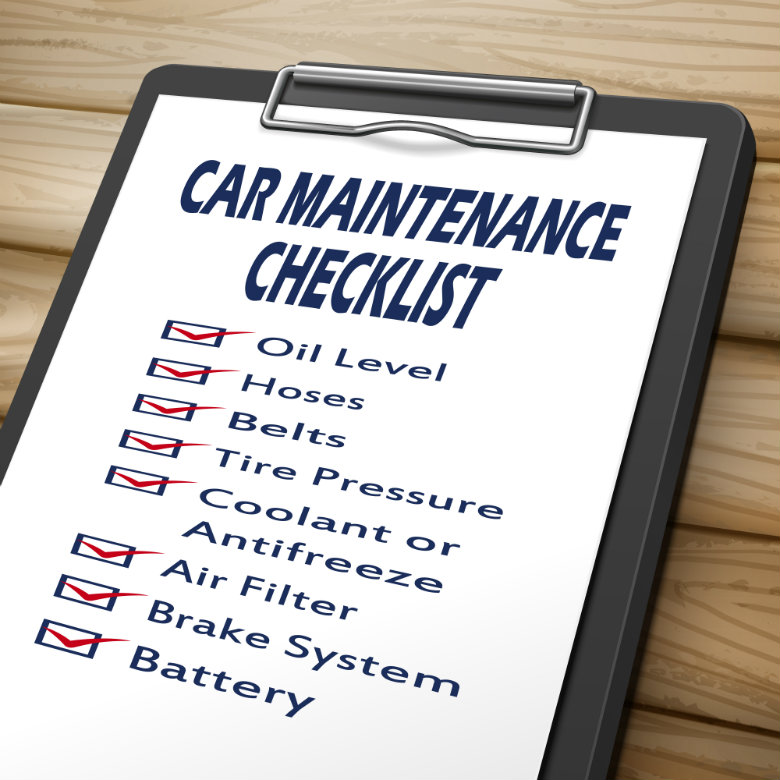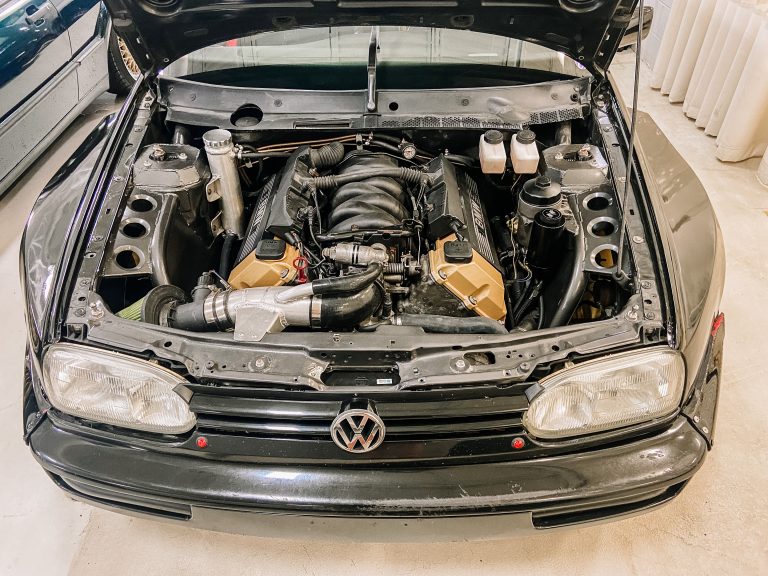As a proud owner of a BMW, you know that owning a luxury vehicle comes with its own set of responsibilities. Regular maintenance is crucial to keep your BMW running smoothly and to ensure its longevity. While some owners prefer to leave the maintenance to professionals, it is possible to perform basic maintenance tasks on your own. In this blog post, we will discuss some essential tips on how to maintain your own BMW.
1. Read the Owner’s Manual
The first step to maintaining your BMW is to familiarize yourself with its owner’s manual. The owner’s manual contains valuable information specific to your vehicle, including maintenance schedules, recommended fluids, tire pressures, and much more. Understanding your BMW’s specific needs will help you take better care of it.

Credit: www.facebook.com
2. Regular Fluid Checks and Changes
Fluids such as oil, coolant, transmission fluid, and brake fluid play a vital role in the performance and longevity of your BMW. Regularly checking and changing these fluids is essential. Refer to your owner’s manual for the correct fluid types and intervals for replacements. Keep in mind that BMWs may have specific recommendations, so it’s essential to use the recommended fluids.
Oil Changes:
Regular oil changes are crucial for maintaining the engine’s performance and longevity. Generally, BMWs require an oil change every 7,500 to 10,000 miles or every 12 months, whichever comes first. It’s important to use the recommended oil grade and quality for your specific BMW model. Be sure to also replace the oil filter during each oil change for optimal performance.
Coolant:
The coolant keeps your engine’s temperature regulated. Regularly check your coolant level and ensure it is at the appropriate level. Use the recommended antifreeze for your BMW and ensure you’re using a 50/50 solution of antifreeze and distilled water for optimal performance.
Transmission Fluid:
Transmission fluid is crucial for the proper functioning of your BMW’s transmission system. Regularly check the transmission fluid level using the dipstick or follow the guidelines in your owner’s manual. If the transmission fluid appears dirty or has a burnt smell, it’s time for a change. Refer to the owner’s manual for the recommended interval.
Brake Fluid:
Brake fluid is responsible for transferring the force of your foot on the brake pedal to the braking system. Over time, brake fluid can become contaminated, affecting the braking performance. Regularly check for any leaks and refer to your owner’s manual for the recommended interval for changing the brake fluid.
3. Check and Maintain the Tires
Tires are a vital safety component of any vehicle, and proper maintenance is crucial. Regularly check your BMW’s tire pressure using a reliable gauge and ensure they are inflated to the recommended levels. Incorrect tire pressure can lead to reduced performance, poor fuel efficiency, and uneven tire wear.
Rotation: Rotating your BMW’s tires at recommended intervals helps promote even tire wear, extending their lifespan. The owner’s manual will provide you with the recommended tire rotation pattern.
Alignment and Balancing: Misaligned wheels can cause uneven tire wear and affect your BMW’s handling. If you notice any unusual vibrations or pulling to one side, get your wheels aligned and balanced by a professional.
4. Keep Up with Regular Inspections
Regular inspections are essential to identify any potential issues early on. Inspect your BMW periodically for any signs of leaks, unusual sounds, or warning lights. Pay attention to your brakes, suspension, and electrical components. If you notice anything out of the ordinary, it’s best to have it inspected by a professional to prevent further damage.

Credit: www.nationaldispatch.com
5. Keep it Clean
Maintaining the appearance of your BMW goes beyond aesthetics. Regular washing, waxing, and detailing not only keep your BMW looking great but also protect the paint and finish from dirt, debris, and UV damage. Additionally, clean the interior regularly to prevent dust buildup and protect the upholstery from wear and tear.
6. Timing Belt and Water Pump
Depending on the model and year of your BMW, it may be equipped with a timing belt and water pump. It’s crucial to replace these components at the recommended intervals stated in the owner’s manual. Failing to do so can lead to significant engine damage and costly repairs.
Frequently Asked Questions Of How To Keep Your Bmw Running Smoothly: Essential Maintenance Tips
How Often Should I Change The Oil In My Bmw?
It is recommended to change the oil in your BMW every 7,500 to 10,000 miles, or once a year.
Is It Necessary To Use Synthetic Oil In My Bmw?
Yes, using synthetic oil is highly recommended for BMWs as it provides better performance, engine protection, and fuel efficiency.
What Tire Pressure Should I Maintain In My Bmw?
Check your BMW’s manual for the recommended tire pressure, typically between 30-35 PSI for most models. Regularly monitor and adjust accordingly.
How Can I Keep My Bmw’s Interior Looking New?
Regularly vacuum and clean the interior surfaces of your BMW, use sunshades, and apply leather conditioner to keep it looking fresh and well-maintained.
Conclusion
Owning a BMW comes with the responsibility of proper maintenance to ensure its performance, longevity, and your safety. While some tasks require the expertise of a professional, there are still essential maintenance tasks you can do on your own. By following the tips outlined in this article, you can play an active role in maintaining your own BMW and enjoy its performance for years to come.






